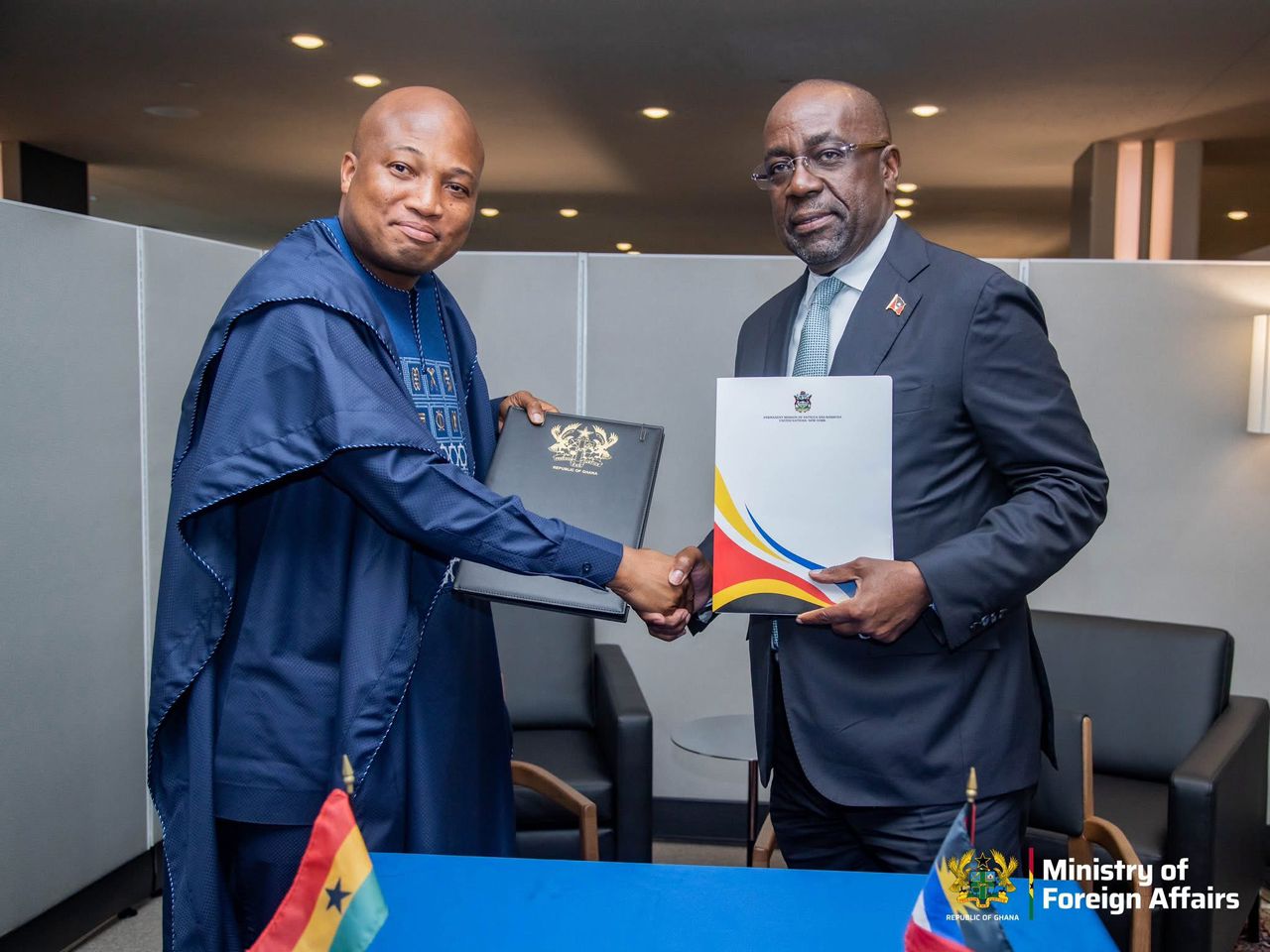
A landmark trade agreement, the African Growth and Opportunity Act (AGOA) has expired after 25 years giving some African goods duty-free access to the US market.
Envoys from various African countries went to the US to try to negotiate an extension. Considered the cornerstone of US-Africa economic relations, AGOA’s aim was to help industrialise the continent, create employment and lift dozens of countries out of poverty.
Indeed, the African Growth and Opportunity Act proved very valuable for countries such as Kenya Lesotho and Botswana. Last year (2024), Kenya’s apparel industry exported US$470m (£350m) worth of clothing to the US, supporting more than 66,000 direct jobs, three-quarters of them done by women.
However, garment sales from Kenya have also been hit this year by the 10% tariff introduced by the Trump administration earlier this year. Studies show that AGOA has had positive effects. Exports to the US have increased, for example, in the textile industry.
Lesotho could lose almost 6% of total exports, Madagascar over 3%, Botswana and Chad around 2%. A total of 35 African countries were part of the agreement, which alleviated access to the American market.
The trade deal helped entire sectors to develop and flourish, textiles, agriculture and raw materials are some of the top industries that have benefited from the agreement over the years.
In 2023, US imports under AGOA totalled nearly US$10 billion. While this accounted for only a small fraction of overall US merchandise imports, it represented a substantial share of exports from eligible countries, such as Lesotho and Madagascar.
However, not all African countries have managed to successfully harness AGOA to diversify their exports away from primary commodities, and the rate of utilization of AGOA preferences remains uneven across beneficiaries and products.
Without AGOA’s renewal, Africa’s export competitiveness in the US market could quickly erode at a time when competition for alternative export markets intensifies globally. Accelerating the implementation of the African Continental Free Trade Area could help mitigate this situation, but such a readjustment would be challenging and require considerable time.
Since April 2025, rising US tariffs – especially country-specific tariffs implemented on 7 August 2025 and new sectoral trade measures – have increased duties on a wide range of products, regardless of AGOA preferences.
Launched in 2000 under US President Bill Clinton, the AGOA trade partnership was intended to bring Africa closer to the world’s strongest economy. President Donald Trump’s return to the White House in 2025, brought renewed protectionist policies, and saw tariffs go up once more, effectively undoing the deal.
AGOA’s demise shows once again that Africa urgently needs to diversify its trade structures.
The post AGOA’s demise sends jitters across the continent appeared first on The Business & Financial Times.
Read Full Story















Facebook
Twitter
Pinterest
Instagram
Google+
YouTube
LinkedIn
RSS